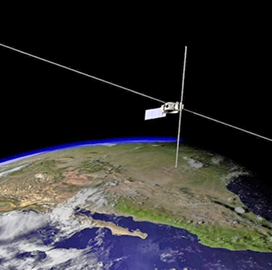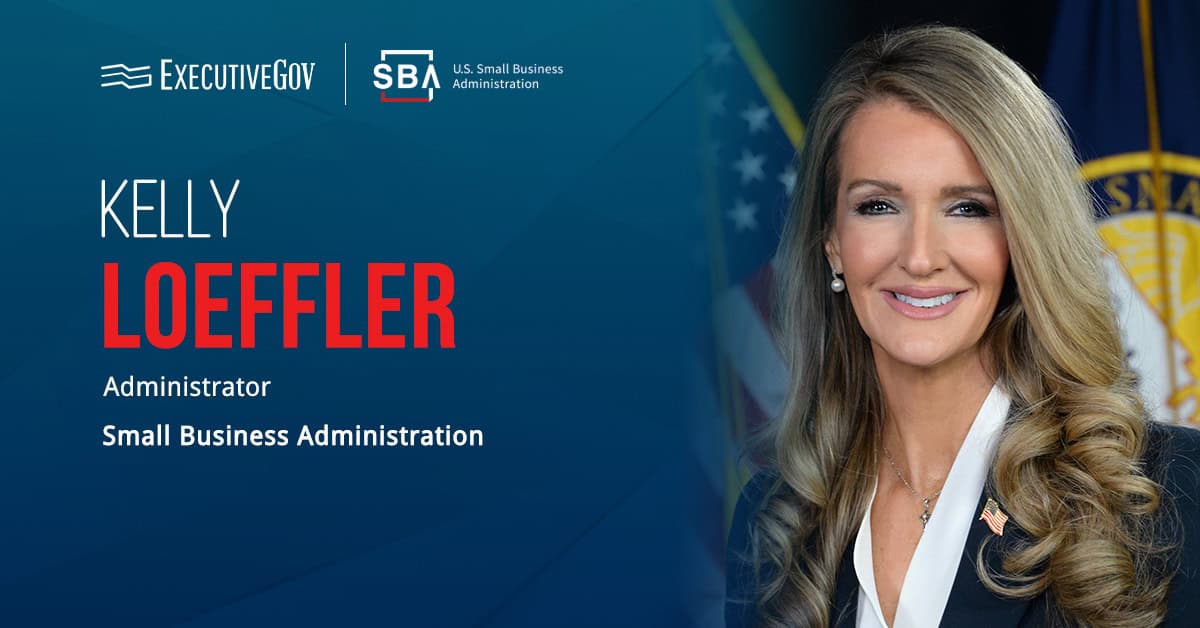The Air Force Research Laboratory (AFRL) has concluded operations of a nearly two-year-old spacecraft designed to serve as a testbed for various science experiments.
The Demonstration and Science Experiments (DSX) spacecraft ended its service life on May 31st after 706 days of activities on orbit, AFRL said Thursday. A SpaceX-made Falcon Heavy rocket sent DSX to space in 2019 for the Department of Defense's (DOD) Space Test Program.
DSX's total service life exceeded AFRL's initial expectation by almost a year. Michael Starks, who now leads DSX’s primary mission, said the spacecraft accommodated more than 1,300 experiments.
“This is a huge contribution to understanding how the space environment affects our spacecraft and how we can protect against it – it was a mission that only AFRL could do," he said.





